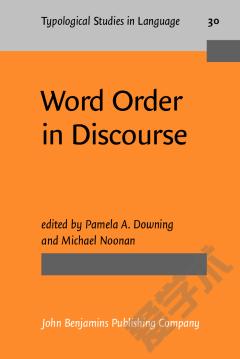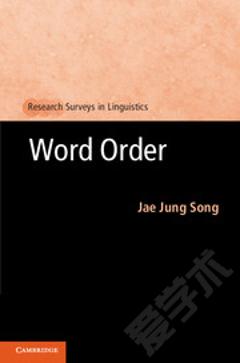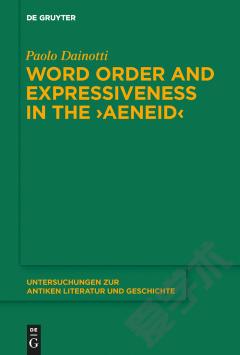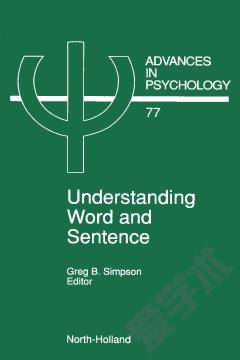Discourse and Word Order.
Integrating various aspects of human communication traditionally treated in a number of separate disciplines, Olga T. Yokoyama develops a universal model of the smallest unit of informational discourse, and uncovers the regularities that govern the intentional verbal transfer of knowledge from one interlocutor to another. The author then places these processes within a new framework of Communicational Competence, which legitimizes certain nebulous but important linguistic phenomena hitherto caught in a noman's land between the formal and functional approaches to language. Russian word order, a classical problem of Slavic linguistics, is subjected to a rigorous examination within this theoretical framework; Yokoyama demonstrates how this “free word order language” can only be described by taking into account such generally neglected factors as the speakers' subjectivity and attitude. Of particular interest to Slavists is a new generative theory of Russian intonation, which is consistently incorporated into the description of Russian word order.
{{comment.content}}








 京公网安备 11010802027623号
京公网安备 11010802027623号